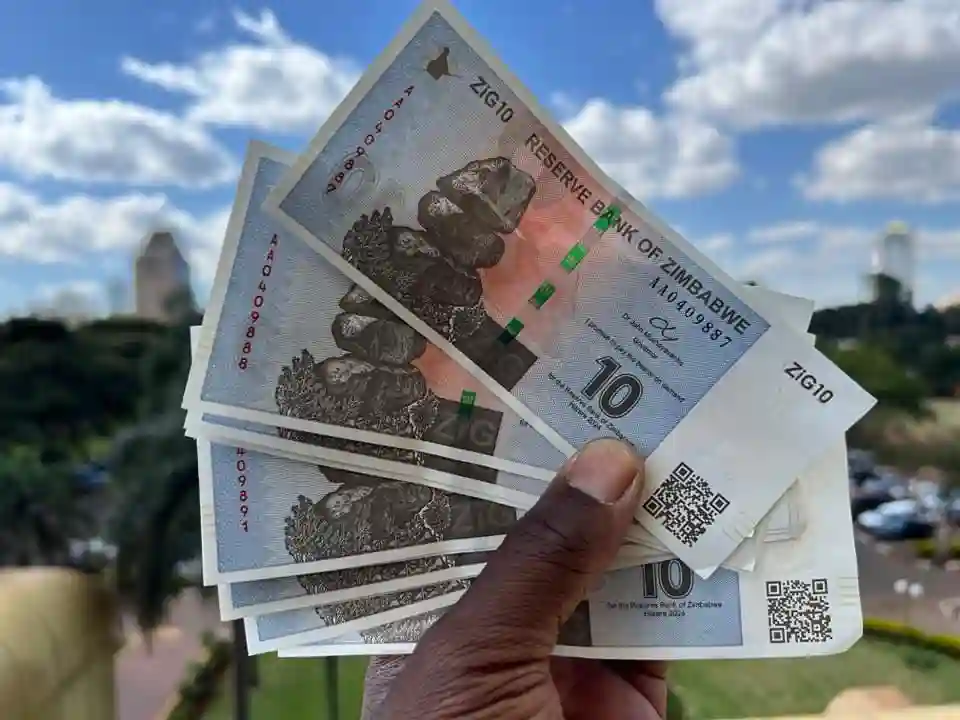The International Monetary Fund (IMF) said that Zimbabwe’s new currency, called Zimbabwe Gold (ZiG), has helped end a period of economic instability.
Before the ZiG, Zimbabwe had used the Zimbabwe dollar, which lost a lot of value very quickly. This caused prices to rise sharply, especially in the first three months of 2024.
Following a recent mission to Zimbabwe, the IMF said that if macro-stabilisation is sustained, the cumulative inflation for the remainder of the year would be about 7%, a figure Zimbabwe has not achieved in years.
An IMF staff team led by Wojciech Maliszewski conducted a second mission to Harare on June 18-27, 2024, to conclude the 2024 Article IV Consultation The IMF said:
Against this background, the Reserve Bank of Zimbabwe (RBZ) introduced in April 2024 a new currency—the Zimbabwe Gold (ZiG).
The ZiG official exchange rate has so far remained stable, ending a bout of macroeconomic instability in the first 3 months of the year.
Assuming that macro-stabilization is sustained, cumulative inflation in the remainder of the year is projected at about 7 per cent.
In an interview with VOA, Persistence Gwanyanya, a member of the Reserve Bank of Zimbabwe Board, said:
We think that there has been some notable improvements with regard to … fiscal accountability.
Whilst there are isolated cases of corruption that we acknowledge, the overall picture is that there has been significant improvement in fiscal management in the country. And unsurprisingly, we continue to improve.
But to achieve the ambitions, we reduce the leakages, we improve… accountability further in the economy.
The IMF said Zimbabwe’s economic governance still has significant weaknesses and said corruption poses a risk to economic performance that needs to be addressed.
Loice Matanda-Moyo, Zimbabwe’s prosecutor general, and the former chairperson of the Zimbabwe Anti-Corruption Commission, last month said that corruption costs the country nearly US$2 billion annually.
Godfrey Kanyenze, an economist and founding director of the Labour and Economic Development Research Institute of Zimbabwe, told VOA that corruption has to be dealt with if the country’s economy is to improve. He said:
Corruption is a cancer that has to be dealt with, we need political will to address this particular issue and there is to be a price for corrupt activities.
The culture of impunity must be replaced by zero tolerance for corruption, as is the case in other countries where the state has played a leadership role.
Launched on 05 April 2024, the ZiG has maintained a near original peg value to the US dollar after starting at 13,56 and rising marginally to the current 13,70.
Yesterday, the Zimbabwe Statistics Agency (ZIMSTAT) said that the month-on-month ZiG inflation rate for June 2024 was 0 per cent, meaning prices have remained constant on average between May and June.
More: Pindula News

